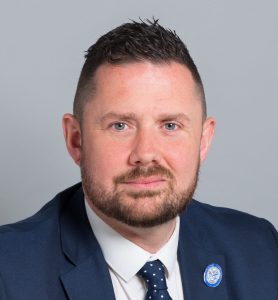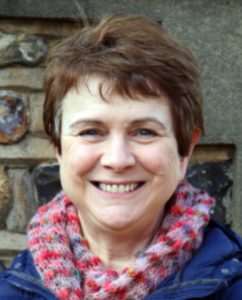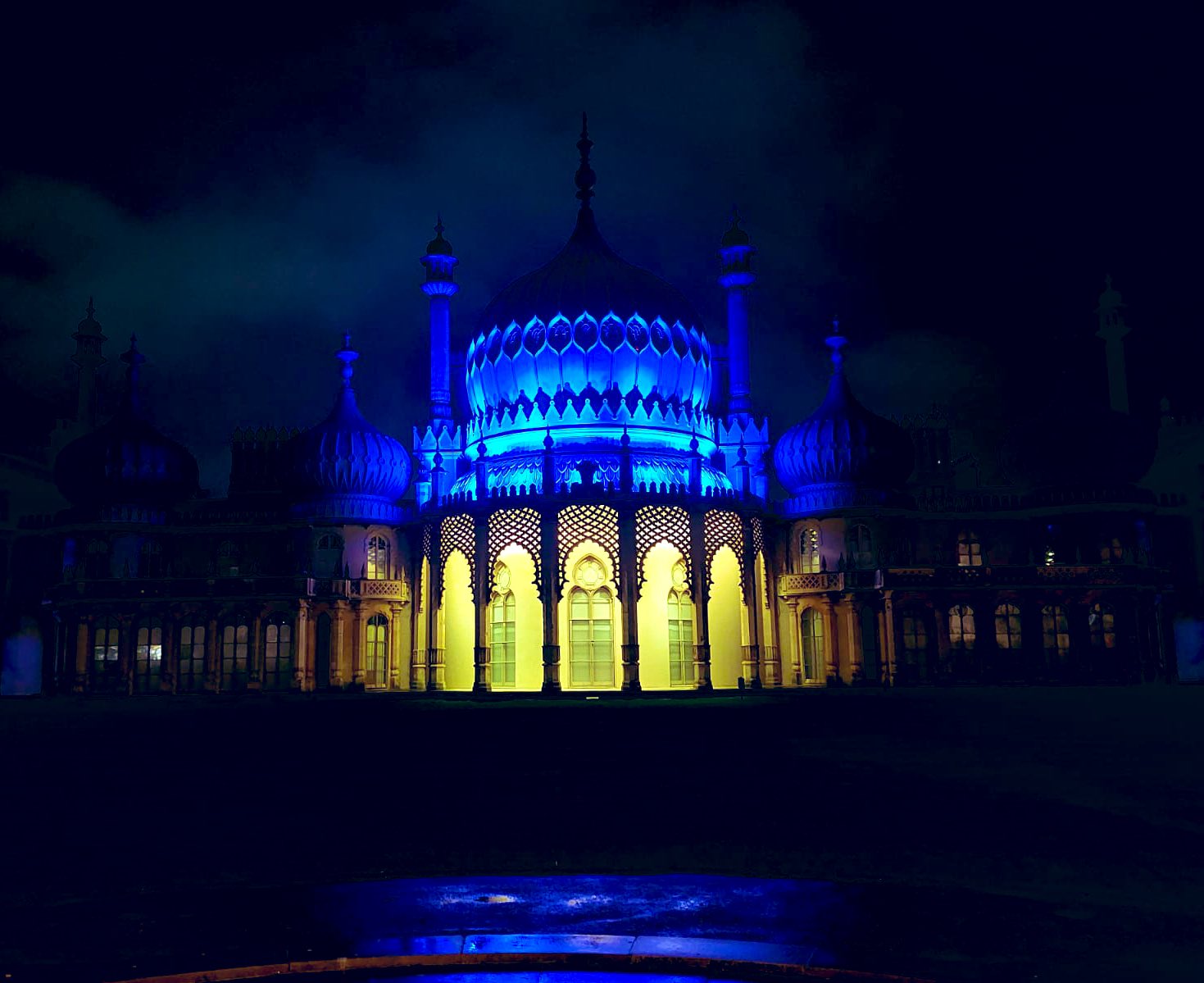More than 150 people have offered to help house Ukrainian refugees in Brighton and Hove.
Councillors praised their generosity for stepping forward to support those fleeing the Russian invasion by offering space in their homes.
But councillors shared their concerns about how and when checks would be carried out on the 156 people who have offered to host families.
They spoke out when Brighton and Hove City Council’s Policy and Resources Committee met at Hove Town Hall this afternoon (Thursday 24 March).
The government Homes for Ukraine programme is intended to match refugees with host families who would “sponsor” them.
Under the programme, Ukrainians would be allowed to live and work in Britain for three years – and host families would receive £350 a month for a minimum of six months.
The council would receive a one-off payment of £10,500 for each Ukrainian guest to help with administration and integration.
Councillors were also told that there was a lack of guidance from Westminster about what services the council would provide.
There were also concerns about the “overworked” Disclosure and Barring Service (DBS) checking hosts and about any other necessary property and welfare checks required.
Green council leader Phélim Mac Cafferty said that the council did not have enough information from the government to provide the information that residents and council teams needed.
He promised updates on the council website and further reports to councillors.
Councillor Mac Cafferty also said that he was appealing to government ministers to have a system that reflected Brighton and Hove.
He criticised the situation last year when the Home Office housed unaccompanied children in hotels without any co-ordination with local officials.
He said: “My frustration with the government’s lack of sufficient information is balanced out by the sheer pride we can all feel in our residents, council teams and community and voluntary sector organisations.
“In spite of all these huge challenges, they are absolutely rising to the picture as it emerges.”

He praised the small team of staff who are already working to support Afghan and Syrian refugees, as they will the Ukrainians.
Green councillor Hannah Clare also shared her concerns about safeguarding women and children coming from the war zone to Brighton and Hove.
She said: “There is a reason why, when someone applies to be a foster carer, they go through a massively lengthy process.
“The reason why we do that is because safeguarding is extremely serious and a DBS check is just a snapshot in time.”
One of her concerns was the potential risk of making people susceptible to modern slavery.
Labour councillor Clare Moonan also spoke about how the Home Office took over hotels in her ward for Syrian and Afghan refugees with just 24 hours’ notice.

She said: “A lot of very vulnerable people were moved in and we didn’t have an opportunity to be engaged, to develop support – all the things we know are really important.
“That’s not good for the refugees or the community. We can learn from that and we must do better.”
She was also concerned about school places – and whether youngsters would be kept together and have translation support.
The council’s executive director for families, children and learning, Deb Austin, said that school places were available for all age groups from early years to primary and secondary schools.
Conservative councillor Alistair McNair, whose wife is Ukrainian, said that he was proud of the local response to the crisis.
He said that he spoke with family and friends in Ukraine daily and added that many were reluctant to leave everything behind.

Councillor McNair said: “It will be a challenge looking after these Ukrainians with residents on a personal level, with a stranger in their home from a very different country going through the trauma they’ve gone through.
“It’s remarkable that people want to do this and we’re very grateful for that.”








